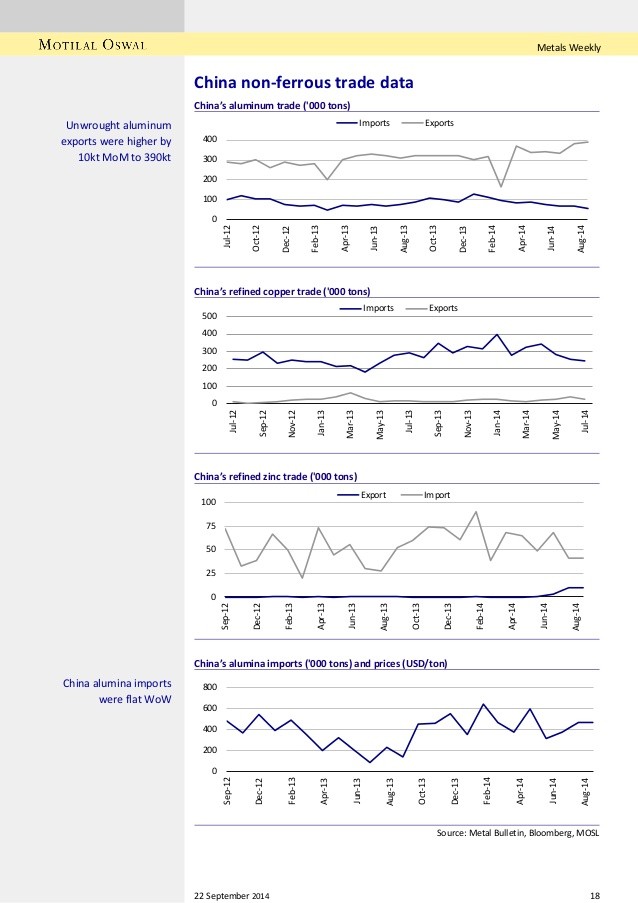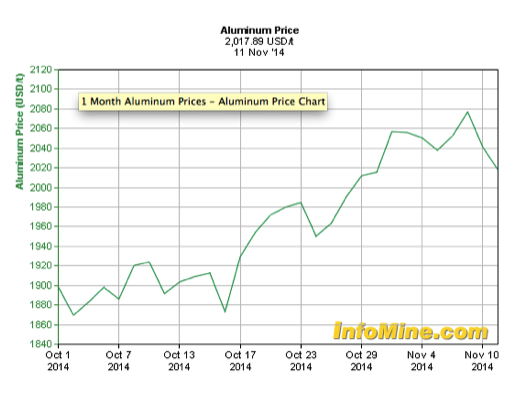Lightly Regulated Traders Take on the Role of Trade Financiers Steel Aluminum Copper
Post on: 16 Март, 2015 No Comment

by Stuart Burns on December 23, 2014
As the major banks move out of the commodities sector JP Morgan. Barclays. Standard Bank. Deutsche Bank and UBS to mention just a few and some that weren’t even big commodities traders themselves but rather just financed the trade are also backing out either due to poor returns or after heavy fines or both such as BNP Paribas the landscape is changing.
In the process, many of their brightest and most ambitious individuals have relocated to traders like Mercuria. Trafigura and Glencore. boosting a trend of trading companies moving in to take their place, a trend that has run in tandem with the banks exit from the scene. This is not just in warehousing but increasingly in attracting investment funds seeking trade finance opportunities.
A recent article examines how the world’s third-largest oil trader and second-largest metals trader, Trafigura, has announced its move into trade finance, a move that has become a major plank of its growth strategy. To be fair, the firm is well-placed to take advantage of the banking industrys exit from the scene.
Its market knowledge, risk mitigation and portfolio mix is second to none. In a presentation 3 years ago Pierre Lorinet, CFO of Trafigura in Geneva made a punt to potential investors offering returns of 4% over Libor with low risk (Trafigura has never defaulted on a financing transaction) and low volatility.

Trafigura’s efforts to raise investment funds were only a partial success and recently 2 star players brought in to bolster that process have left but the trend will continue and for good reason. Commodities may rise and fall in price but the volumes traded tend to hold up well in good times and bad. Countries, firms and consumers still need to move oil, coal, metals and agricultural products from producers to processors to consumers. Someone has to finance that trade. Historically banks financed it, but as the banks withdraw the major traders with access to massive credit lines and sometimes a source of external investment funds which they are well placed to use in taking on the role step in.
They are arguably better positioned than the banks to do this. Their knowledge of the markets is unparalleled and they can bring many advantages to the table. Traders can offer investors a spread of financing opportunities, short-term, long-term, diversified collateral and structured finance opportunities while spreading risk across a number of asset classes.
Whether we like it or not the ownership of natural resources, the ownership of the logistics infrastructure to move, store and process those commodities and the financing of those trade flows are moving inexorably towards a band of lightly regulated trading firms often based out of Switzerland. This isn’t necessarily a sinister trend, but there may come a day when regulators will have to give greater attention to the influence these firms have over the ownership, trade and even pricing of commodities.














